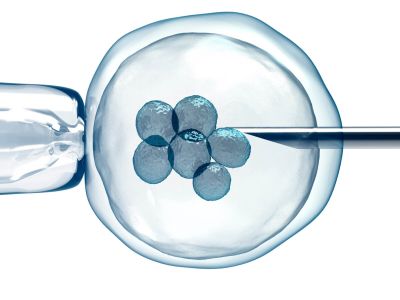Sterility in a woman is the inability to become pregnant after at least a year of pregnancy search.
What is the origin or causes responsible for female sterility?
Some of the causes or factors that may be responsible for female infertility are:
1. Ovulation disorders
This means that ovulation is non-existent or infrequent. Problems with hormonal regulation may have their origin in the hypothalamus or the pituitary gland or the ovary. Among these alterations we would have polycystic ovary syndrome, hypothalamic dysfunction, premature ovarian failure or excess of prolactin, for example.
2. Damage in the Fallopian tubes
Blocked Fallopian tubes can interrupt the passage of sperm to the egg, as well as the passage of the fertilized egg to the uterus. This blockage could come from STDs that have caused a pelvic inflammatory disease or an infection in the uterus. Other causes could be previous surgery on the abdomen or pelvis.
3. Endometriosis
In endometriosis, the endometrial tissue grows outside the uterus. This abnormal growth, and the surgical procedure to remove the tissue, can form scars capable of blocking the Fallopian tubes.
Endometriosis can also damage the ovary since the formation of endometriosis cysts (endometriomas) can decrease a woman's ovarian reserve .
4. Uterine causes
The presence of large fibroids or fibroids that affect the uterine cavity as well as congenital malformations of the uterus could affect implantation and can cause difficulty in becoming pregnant or in the case of malformations, increase the risk of misscarriage of the woman.
5. Risk factors
There are factors that increase the chances of infertility, such as age, smoking, overweight, alcoholism or a sexual background in which unprotected sex has caused multiple STDs.
If any of these is your case, where can you find help?
At IVF we understand how a female infertility problem can affect. In order to help you to solve your doubts and to find solutions, you can count on us. Send us an email to info@bcnivf.com or call +34 934 176 916.




















